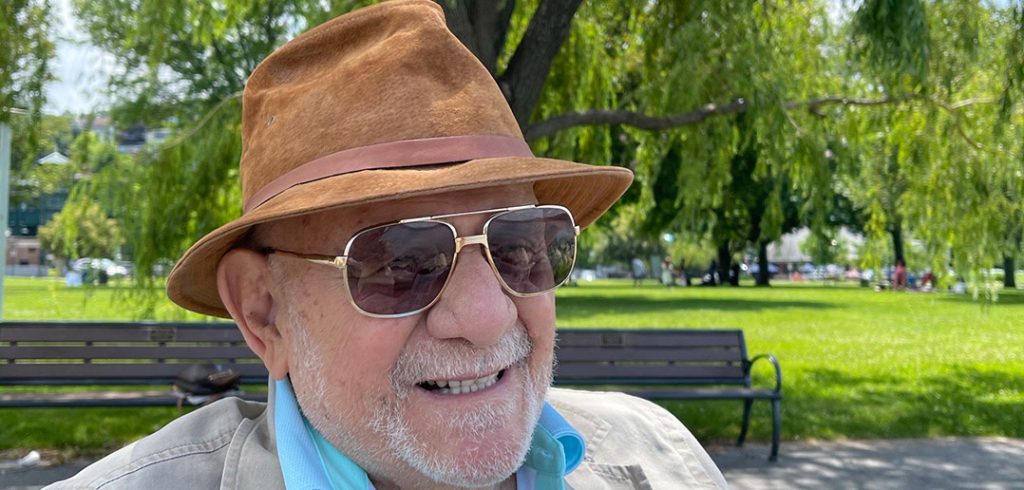He was buried alongside his wife Susan Rogler, who died in 2011, and his mother, Carmen Canino, at Sleepy Hollow Cemetery in Tarrytown, New York.
Rogler, a native of Puerto Rico who moved to the United States when he was 11, joined the Fordham sociology department in 1974. He had just moved to the Bronx from Cleveland, where he was a professor at Case Western University. In 1977, he founded the Hispanic Research Center, which he directed until 1990.
Rogler’s area of expertise was in qualitative research on the social and mental health of families in Puerto Rico, the United States, and several Latin American countries.
He published extensively on the topic, from Migrant in the City: The Life of a Puerto Rican Action Group (Basic Books, 1972) to Barrio Professors: Tales of Naturalistic Research (Left Coast Press, 2008), which was his first work of fiction.
He was adept at securing grants for funding, such as “Help Patterns in Intergenerational Puerto Rican Families,” a three-year grant from the National Institute of Mental Health in 1976. He was sought after for his perspective; in 1985, for instance, he was appointed by New York City Mayor Ed Koch to the Mayor’s Commission on Hispanic Concerns.
Mary Powers, Ph.D., a professor emerita of sociology who was chair of the department when Rogler joined the faculty, said that Rogler was key to the department’s securing of the Schweitzer Chair, which was created in 1964 by the New York State Legislature to entice scholars to universities in the state.
“We were becoming a slightly more national university at the time, and he came as part of our interest in collaborating with Fordham and the University of Puerto Rico,” she said.
“He was delighted to come, and he worked hard at keeping the relationship between the two universities open.”
James R. Kelly, Ph.D., a professor emeritus of sociology who started two years before Rogler, fondly remembers playing squash with Rogler every week and beating him every time.
“Lloyd would always say, ‘Alright, Jim, you got me this time, but I’ll get you next time.’ He would never quit, and he just loved playing, and he never gave up on himself,” he said.
Kelly said that Rogler was a pioneer when it came to combining his own experience as an immigrant with his research.
Rogler’s son, Lloyd Rogler, said his father was driven in part by the fact that his grandfather was also a sociology professor. He was focused on the toll that immigration took on people’s psyches.
“He used to give grand rounds to psychiatrists about culturally sensitive therapy. For example, we might say, ‘Oh, I feel blue.’ But in Spanish, you don’t say, ‘Me siento azul.’ You have to have someone familiar with the culture of the person they are helping,” he said.
“My father was a scholar, an athlete, and intellectually curious about many things. I miss him every day.”
Rogler is survived by his daughter, Lynn Rogler Simonson; his son, Lloyd; stepsons Daniel Kim-Shapiro and David Shapiro-Ilan; grandsons Soleil, Mica, and Shai Kim-Shapiro, Teva Shapiro, and Amitai Ilan; great-granddaughter Chaya Mushka Shapiro; and his beloved caregiver Carmen Pilar Sierra.

